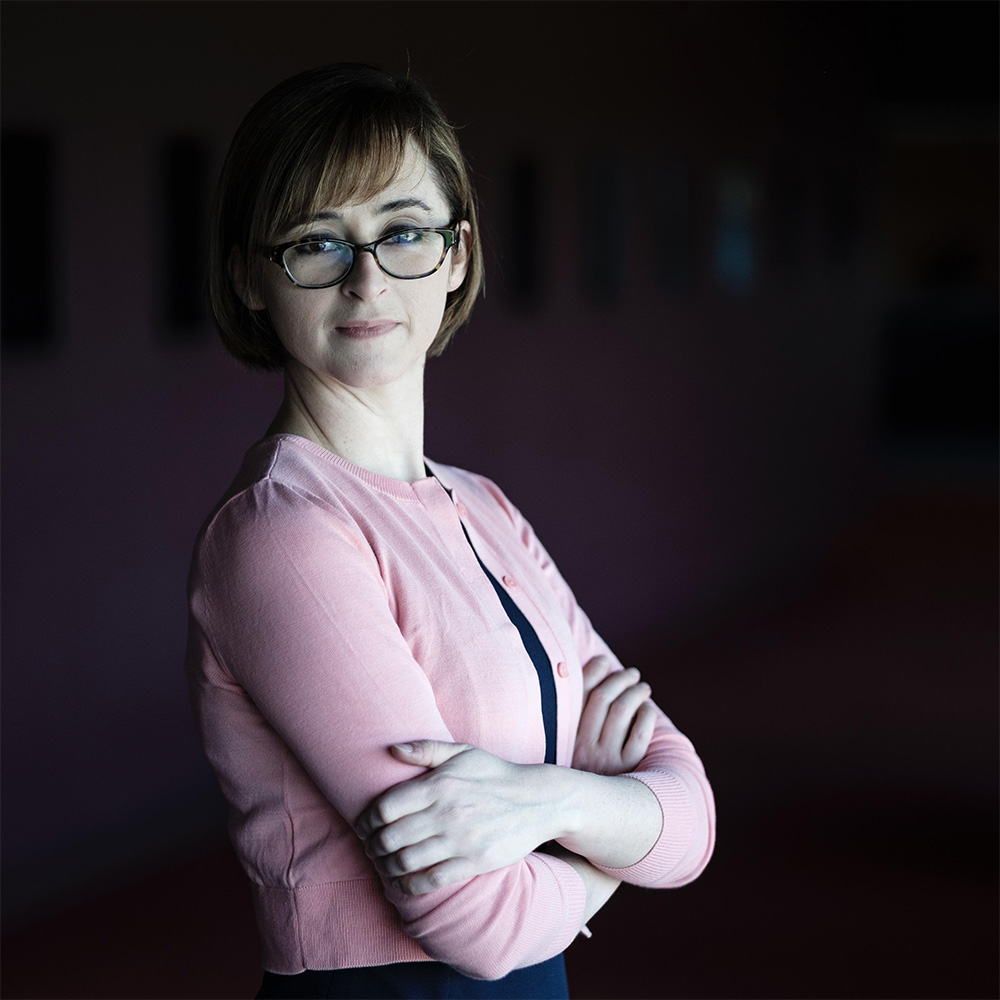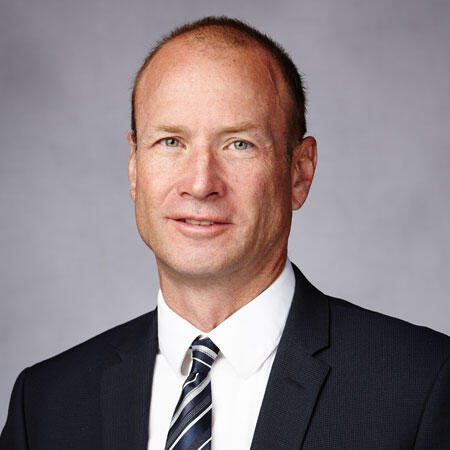
Future Threads 3: Pioneering Assistive Fabrics for Movement, Training, and Performance
Future Threads 3: Pioneering Assistive Fabrics for Movement, Training, and Performance
This final webinar in the series explores grand challenges for assistive fabric-based wearables across domains of movement assistance, training, worker safety, sports, and space exploration. Thought leaders and stakeholders explore the potential for advanced textiles and fabrics to revolutionize wearables through a series of short presentations and moderated panel discussions.
This final webinar will focus on sports, space, and recovery.
Organized by Michigan State University; Stanford University; Rice University; University of Nevada, Las Vegas; and Northwestern University.
View a recording of this webinar on YouTube
Moderator

Xiaobo Tan
MSU Research Foundation Professor and Richard M. Hong Endowed Chair in Electrical and Computer Engineering, Michigan State University
Panelists (in order of presentation)

Lucy Dunne
Lucy E. Dunne is a professor in the Department of Design, Housing, and Apparel in the College of Design at the University of Minnesota, and co-director of the Wearable Technology Lab. She is a co-author of "Functional Apparel Design: From Sportswear to Space Suits". Her research is focused on wearability and garment-based wearable technology, and explores new functionality in apparel, human-device interfaces, production and manufacture, and human factors of wearable products. She has received the National Science Foundation’s CAREER award and the NASA Silver Achievement Medal for her work with functional clothing and wearable technology.

Max Donelan
Max Donelan is a Professor of Biomedical Physiology & Kinesiology at Simon Fraser University in Vancouver, British Columbia. He has a Ph. D. in Integrative Biology from UC Berkeley and did his postdoctoral work in Neuroscience at the University of Alberta. We study how people and other animals move, and then apply what we find to help our society. His Lab mostly studies walking in people, with a focus on fundamental things about the back-and-forth relationship between how we walk and the energy we require to do so. But he also studies big and small animals, and how their size affects how they control their movements.

John Mercer
John Mercer is a Professor in the Department of Kinesiology & Nutrition Sciences at University of Nevada Las Vegas. His research focuses on human locomotion and sport performance, with a focused line of research on biomechanical and physiological responses during locomotion. He also has a research focus on sport performance using wearable technology devices in the field. He established the Biomechanics Laboratory at UNLV, and is a Fellow of the American College of Sports Medicine.

Dean Jackson
Dean Jackson is a sports industry leader who founded the premium endurance sport apparel company HUUB. HUUB takes its name from human movement specialist Professor Huub Toussaint. Dean founded the HUUB brand after three decades of experience in the endurance sports marketplace. HUUB originated in the swimwear and triathlon categories and now embraces all endurance sports. HUUB products combine research, science, and reality.